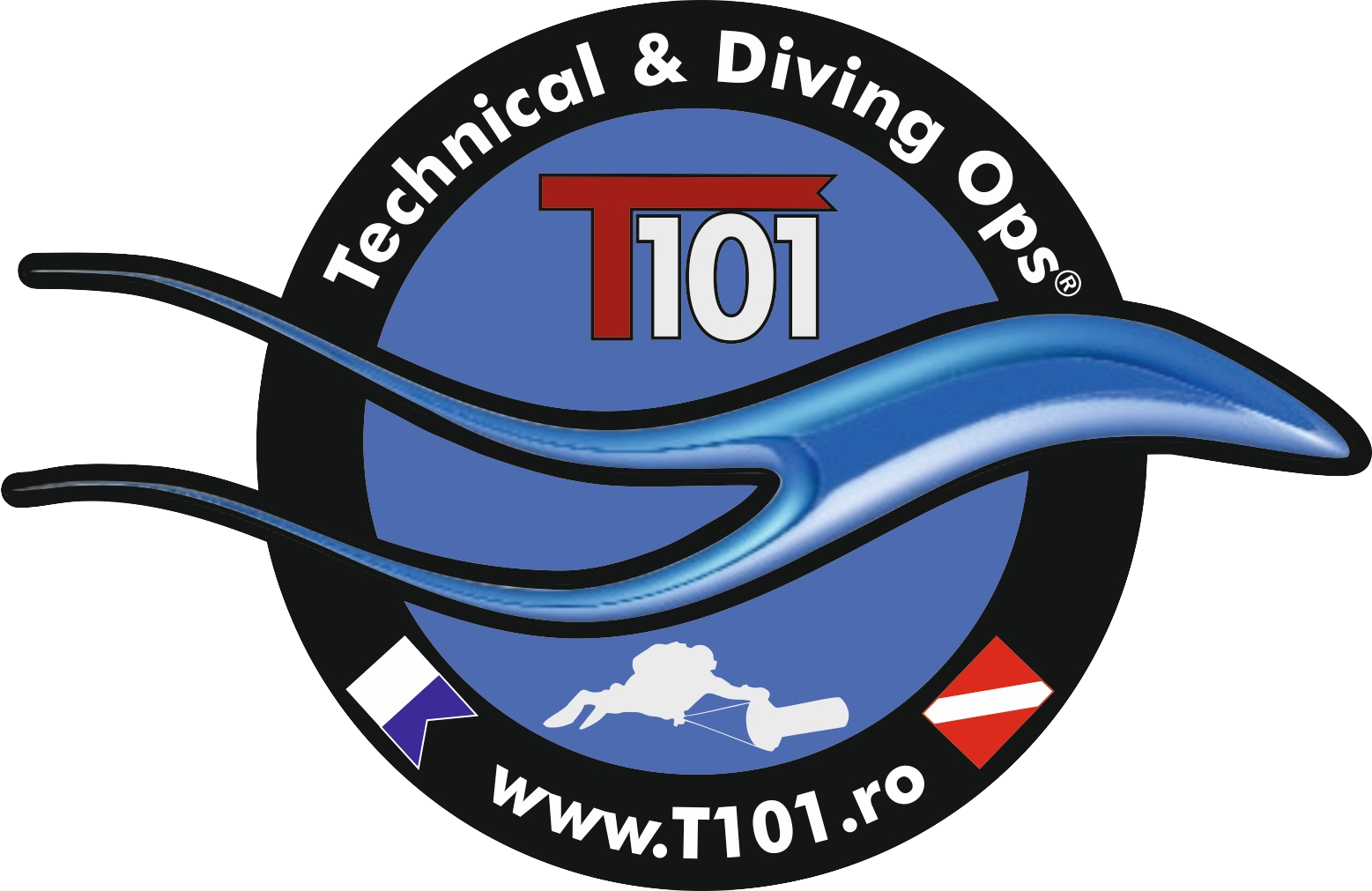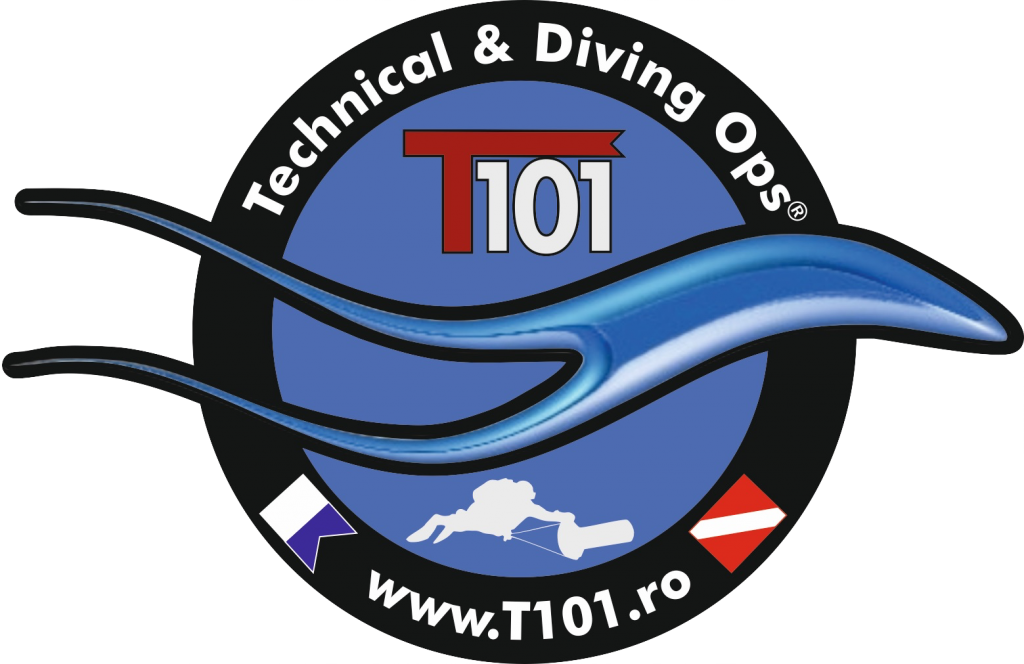This is maybe the most common question everybody is asking: is SCUBA diving expensive? Overall, it definitely goes above the average “sports budget”, but well, it depends on many factors and criteria. And I will try to develop my ideas.
Now, as you well know, diving may be classified, in simple words, as Recreational & Technical, as either non-professional or professional (divemaster, instructor, etc). Simple, so far.
Below, I will list a few factors which will affect your budget related to diving:
This is a very wide topic, but I will not dive deep into it. It depends on what you like (wrecks, caves, deep ocean, underwater photo/video, or just relaxing and easy recreational dives), where you want to go, how much you want to explore, etc. You can start from as much as 450 euros (or less) for an OWD and go up easily to +1000… 2500 euros for a Technical OC/CCR advanced level. And on the top, you need to add your (flights/car) transportation to/from your training dive center/instructor, extra luggage (sometimes, easily exceeding 40-50 kgs, as for tech gear), accommodation, meals, extra expenses, diving boat and/or gases (depending on the course agreements), etc. Prices may vary for the same training level, sometimes quite a lot, depending on the instructor/dive center level of experience & facilities, training area/country, training agencies (fees, learning materials), etc.
- You may rent it, in case you dive once in a while. Maybe more expensive but you have no stress in storing it, transportation, or maintenance. You may pay anywhere between 40-150 euros (or more) for gear renting only. A cheaper gear you’ll need somewhere in a tropical area and a more expensive one, in a cold area (dry suit, cold water regulators, etc).
- You may purchase your own diving gear. In case you dive often. It might be expensive at the first glance (regular maintenance, extra luggage when traveling, storage place, etc). But, is yours, well in control. If properly maintained, your diving gear may bring you great diving memories for a good many years. A basic full diving gear might go in the range of 800 – 1,000 euros, and expensive technical full gear can go easily up to +10.000 – 15,000 euros.
Consumables:
Gases – air, oxygen, helium. Prices may vary from place to place. Air is the cheapest (usually is good for car tires unless F1 where are filled up with Nitrogen). Helium price is getting lately quite high (0.10-0.15euro/liter), making OC deep ocean exploration very expensive. The future: CCR!
Service materials: O-rings, Oxygen sensors, etc – should be replaced in accordance with manufacturer recommendations.
Yes, you need one, regardless of your level of training. You can get a yearly subscription (the best option), there are multiple options and benefits. It is not expensive at all. For a sport level, approx. 50 to 75 euros/year. For the professional level, prices a higher (approx. 150-350euros/tear), but for a good reason and with multiple benefits. Just keep in mind that a single hyperbaric session may be anywhere between 300-500euros and you may need multiple sessions in case of a DCS. And a medevac by Heli can easily go up to 20,000 USD!
Sources to sustain your diving activities:
An old saying, “no money, no honey”, does apply well in our activities. Below, are a few possible resources. Take note: I am not an accredited financial consultant but just a wise thinker.
- Get a job. Work hard. Put (some) money aside and keep your passion alive. Is the most recommended and gratefully!
- Internship: find a good, reputable dive center/instructor. Gain theoretical & practical experience while offering your work in exchange. Sometimes, you may get some small financial benefits too. It is a good way to build up a strong background… if you are in the right place with the right people!
- Get a sponsor. A business company or a bank. Promote equipment, accessories, or goods. In general, to reach this level, you must have already some solid accomplishments in diving (or other related) activities. Nobody will sponsor you just like that unless you have some relations… or you are a famous TV (or social media) “influencer”. I highly (and only) recommend the 1st path – the professional way.
- Economies. As silly as it sounds, just reducing or even cutting out smoking or alcohol drinking, may bring you enough money to enjoy your passion. Not for heavy diving activities, but definitely for a monthly recreational dive.
- If you are lucky, a good inheritance. Or stock market investments. Or crypto. Who really knows?
- Get a sugar daddy. Or a sugar mommy. Less headache. Or not.
And finally, the question is… does it worth the money (and time)? And one single answer is applicable: yes, all the way! No matter at what level you are, your diving activities will take you to places not many people go. You’ll see and experience feelings, hard to describe to other “terrestrial” humans. For kids, it is a fantastic gate to discover the World.
You are an ambassador of the seas and oceans and their creatures. And act accordingly!
Dive safe and dive strong!
Costa






